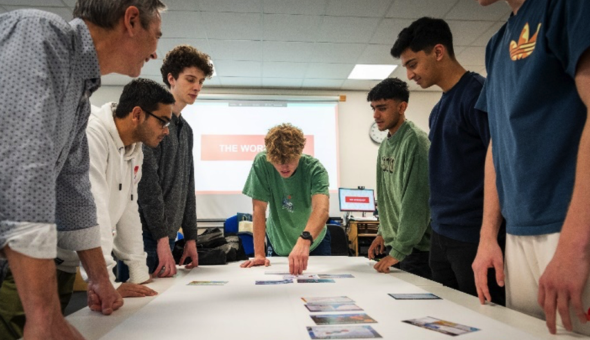We spoke to Professor Marianne Ellis, Head of Department, Professor John Chew, Deputy Head of Department and Professor Tina Düren, Director of Teaching (DoT), about their experience of taking curriculum transformation (CT) off the drawing board and into their department. Professor Chew was DoT when CT planning started and Professor Düren is the current DoT; both were on the original departmental CT Team while Marianne was Associate Dean (Learning & Teaching) for the Faculty of Engineering & Design.
As a CT ‘vanguard’, the Chemical Engineering Department is one of the first to embark upon this programme - the first at undergraduate level - and is leading the way for other departments. At present most other departments are at the Phase 3 Approvals stage of CT after which preparations will start for implementing transformed courses that will launch in the 2023 academic year.
In the academic year 2019/20 Chemical Engineering launched the transformed UG courses in BEng Chemical Engineering, MEng Chemical Engineering, and MEng Chemical Engineering with Environmental Engineering. All these courses offer the year-long placement option. These courses have progressed with the first cohort now in Year 3.
So, why become a CT vanguard?
Professor Marianne Ellis
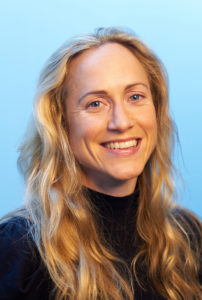
For me personally, my drive was to maintain student and staff wellbeing with a more sustainable work pattern, and to not keep trying to squeeze more and more into the same space. We could see opportunity to deliver in a more enjoyable and efficient way, and there were some great ideas from within the Department that needed this bigger review, so it was an obvious choice to be a vanguard.
The teaching methods that we had been using were fantastic for a course that was designed for 30 or 40 students but didn’t scale up to 100-150 students.
And there’s this notion that knowing and recalling a large volume of information means a better degree. What’s more important now is how you connect the huge amounts of information that we have immediate access to and find solutions to complex problems. At the end of the day, we are training practitioners who need to be able to apply their knowledge to challenging problems.
Curriculum transformation is going on under different guises all over the country - and globally. So, if we were to stand still, we risk getting left behind.
Professor John Chew
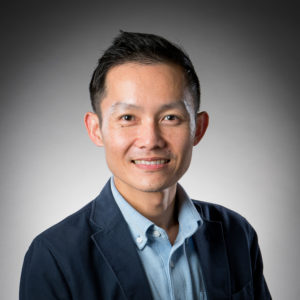
I think there are many reasons. One of the main ones is that student and employers’ skill needs have changed over the years, and we need to adapt our courses to that.
For instance, previously we focused a lot on technical knowledge but if you talk to employers, they also want to see transferable skills like communication, leadership, global citizenship and teamwork. Teaching technical knowledge is no longer enough, so we have embedded professional skills into our teaching, in order to produce well-rounded engineers who are not only good at problem solving but also have the business skills required to progress in industry today.
On a practical level, another reason for becoming a vanguard department was because we have a slim UG programme making it easier to manage the transformation process.
What changes have you seen on transformed courses?
John
One of the big changes is the way we assess students. We have reduced the number of assessments [eliminating over-assessment is one of the main drivers of CT] from 30+ - they were endless! CT enabled us to review the way we assess students and move to a method of integrating knowledge into the course, rather than testing students to assess their learning. This has delivered a 34% reduction in assessment time.
Now we set fewer assessments, but they are more holistic in approach and more manageable for staff. The main point is that we’re now assessing students in a holistic way, not in silos, and we can see that students are bringing together what they’ve learned and are answering questions in a more integrated way.
The workload for summative assessments has changed, which has been a big advantage and formative assessments are now more flexible. This new approach means that we can be more explorative with our assessment and feedback methods such as using digitalised quizzes and automated feedback.
We also moved to a “teaching team” model where we have eight to nine academics teaching per year group, instead of having one or two lecturers per unit, thus facilitating greater awareness and better communication between academics. It also enables better sharing of workloads and improves the resilience of teaching delivery through reduced reliance on individual staff.
Marianne
We use a lot more case studies and formative assessment to aid skills and knowledge acquisition. We also introduced a skills portfolio that aligns with IChemE Chartership as we want students to recognise and record the new skills they’ve learned, which is not what we’ve done before. Also, the materials and the problems that we use to assess the students have sustainability embedded throughout our courses.
Professor Tina Düren
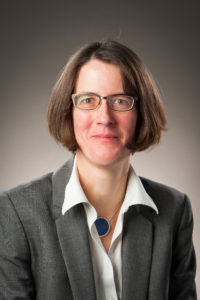
We’ve also made learning outcomes more general so that we can adapt materials and make changes or improvements to units more easily. Having year teaching teams allows connections to be made, and it becomes easier to review courses horizontally, which is more natural and makes it easier to tweak, change and adapt as necessary.
Another change is that more people are talking about teaching in general, at the same time, across different academic disciplines. There’s more teamwork and collegiality amongst staff on planning and delivery.
What tips can you give others about implementing CT?
John
Put in the time, really think about it, and make the most of the opportunity. Consider what works well already and what doesn’t and go from there.
It’s important to get buy-in from your department, so involve everyone. We found that the CLT workshops were a great help.
Dedicated teams worked well. We had bigger year teams and as the core CT team we guided them through the process; but they did the real work! They were given lots of flexibility how to approach CT for their year too.
In the first iteration of CT courses, going through a learning curve is only natural and there will be some lessons to learn. Changes are needed every year based on student and staff feedback because we want our courses to be the best.
Tina
What we really found helped was engaging with change management training. This helped us to understand what to expect in terms of the impact CT would have on people, such as being aware of the ‘change curve’ and the stages people go through when facing change. I really recommend doing this training (which is available through the University).
How do you feel about CT now?
Tina
It’s a lot of work but has definitely been worth doing; we’re very pleased with what we have achieved. But we are still planning, and it takes energy to carry colleagues along with you. It’s also really important that the DoT stands firm on the approach and resists letting any deviation occur.
Marianne
It feels great when I hear that our students are learning better, they’re loving the problem-based learning activities, and that their approach to problem solving is different because they're so engaged.
I remember being in a staff meeting, hearing this really good feedback and seeing it coming together with all this energy, I was just like, “Is this actually happening? This is amazing”. We have a really strong team and just seeing how everybody is working so well together, I feel really proud.
Interview conducted by Elspeth Wales, Strategic Projects Change Communications Lead
Respond
